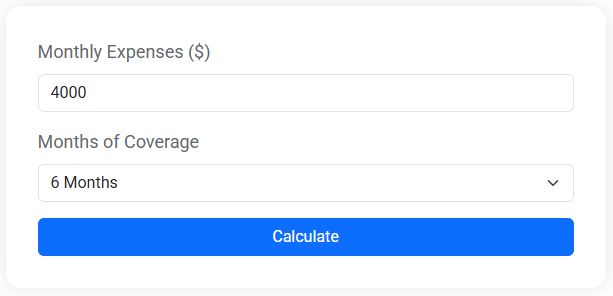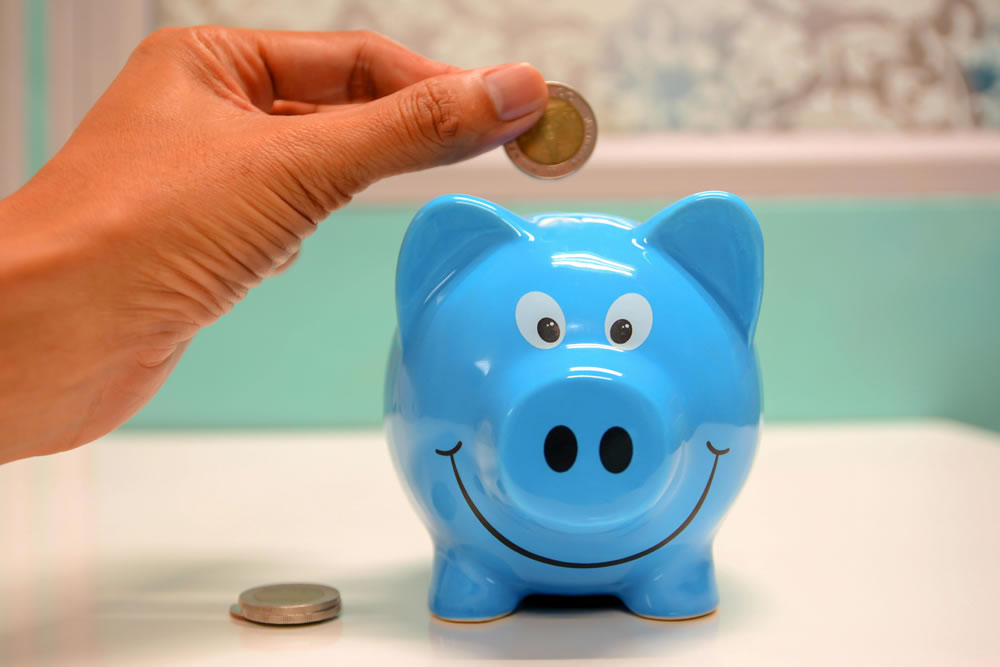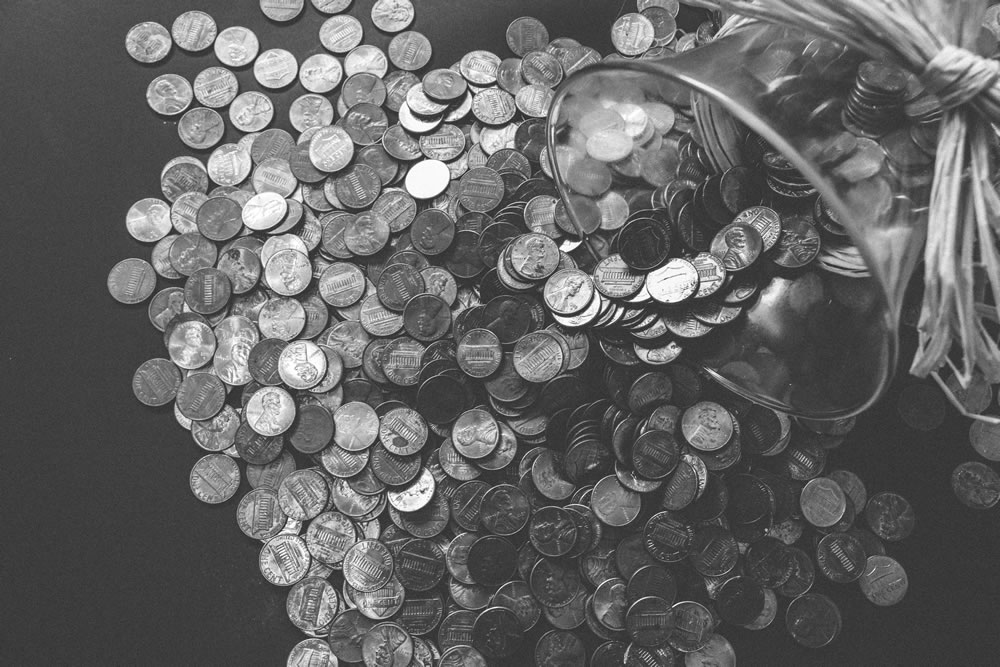The Benefits of Budgeting: Why Everyone Should Have a Budget

Budgeting is a critical tool for achieving financial stability, helping individuals gain control over their finances and work towards their financial goals, such as saving for retirement or paying off debt. By tracking income and expenses, budgeting reduces financial stress, improves spending habits, and builds financial resilience, providing a safety net for unexpected expenses. Overall, a well-crafted budget not only enhances peace of mind but also empowers individuals to navigate financial challenges confidently.
Budgeting often gets a bad rap as the financial equivalent of dieting—necessary but dull, and often short-lived. Yet, just like a good diet can improve your health, a well-structured budget can dramatically enhance your financial well-being. It's not just about penny-pinching or restricting yourself from life's small pleasures. Instead, it's about gaining control over your finances, understanding where your money goes, and aligning your spending with your values and financial goals. Whether you're saving for retirement, trying to pay off that pesky student loan, or simply want to enjoy a guilt-free night out, a budget can be your roadmap to success.
In an era where financial stress is as ubiquitous as smartphones, budgeting offers a much-needed sense of control and resilience. According to a study by the American Psychological Association, money is the top source of stress for Americans, outpacing concerns about work or health. That’s where budgeting comes in. By providing a clear picture of your financial situation, it not only eases anxiety but also empowers you to make informed decisions. Let's dive into the myriad benefits of budgeting, and why everyone, regardless of income level, should embrace this pivotal financial tool.
Understanding Your Financial Landscape
At its core, budgeting is all about awareness. When you budget, you gain a clear understanding of your financial landscape—your income, your expenses, and how they interact. This clarity is invaluable. Imagine attempting to navigate a city without a map; budgeting is your financial GPS. It helps you pinpoint where your money comes from and where it goes, allowing you to make better decisions.
One real-life example is the envelope budgeting system, where you allocate physical cash to different categories like groceries, entertainment, and savings. It's a tactile way of visualizing your spending that many swear by for its simplicity and effectiveness. Even if physical cash isn’t your thing, digital tools like Mint or YNAB (You Need a Budget) offer similar benefits by tracking your spending and providing insights into your habits.
Reducing Financial Stress
Financial stress can be debilitating, affecting everything from your health to your relationships. Budgeting acts as a stress-reducer by offering a sense of control over your finances. When you know exactly where your money is going, you can anticipate potential shortfalls and plan accordingly, reducing the anxiety of unexpected expenses.
Consider the peace of mind that comes from knowing you have a financial cushion. By setting aside money each month for emergencies, you create a safety net that can cover unforeseen expenses like car repairs or medical bills. This foresight can alleviate stress, allowing you to focus on other aspects of your life. As financial advisor Jane Smith notes, “A well-crafted budget is like a security blanket—you can face financial challenges with confidence.”
Emergency Fund Calculator
Wondering how much you should set aside for life's unexpected moments? Our Emergency Fund Calculator helps you quickly figure out how much you need to save to cover your expenses for 3, 6, or even 12 months. Whether you're building a financial safety net or planning for job loss, medical bills, or other emergencies, this tool gives you a clear savings goal to aim for — fast and easy.
Improving Spending Habits
Budgeting not only highlights your spending habits but also encourages you to improve them. It's easy to overlook small, habitual purchases—a daily coffee, that new book on Amazon—but they add up over time. By tracking these expenses, a budget helps you identify areas where you can cut back without sacrificing your quality of life.
Take the case of John, a tech worker who realized he was spending $200 a month on dining out. By opting to cook at home more often, he redirected those funds towards his travel savings, allowing him to take a dream vacation. This shift didn't happen overnight, but budgeting helped him see where small changes could lead to significant savings.
Building Financial Resilience
Financial resilience is your ability to withstand economic shocks, and a budget is a foundational tool in building it. By setting aside money for savings and investing in an emergency fund, you prepare yourself for life's unexpected twists and turns. This resilience means you’re not just surviving financially, but thriving.
Think of budgeting as a way to future-proof your finances. With a portion of your income going towards savings or investments, you create a buffer that can sustain you through job loss, health issues, or economic downturns. As CNBC highlights, even a small emergency fund can make a big difference, providing a critical safety net when you need it most.
Achieving Financial Goals
Whether your goals are short-term like buying a new phone, or long-term like securing a comfortable retirement, a budget is essential in achieving them. It allows you to allocate resources towards these goals systematically, ensuring you're making progress each month.
Consider Emily, who used a budget to pay off $30,000 in student loans within five years. By prioritizing her debt repayments and cutting back on non-essential expenses, she was able to achieve her goal faster than she thought possible. Her story isn’t unique; countless individuals have used budgeting to turn their financial dreams into reality.
Empowering Financial Independence
Ultimately, budgeting is about empowerment. It gives you the tools to manage your money proactively rather than reactively. With a budget, you're in the driver’s seat, making decisions that align with your priorities and values. This sense of control is liberating and can lead to greater financial independence over time.
As you become more adept at budgeting, you'll find yourself more confident in your financial decisions. Whether it's negotiating a better salary, investing in the stock market, or starting a side hustle, budgeting provides the foundation you need to take calculated risks and seize opportunities.
In conclusion, budgeting isn't just a financial exercise—it's a life skill that everyone can benefit from. By providing clarity, reducing stress, and fostering better spending habits, it sets the stage for financial resilience and independence. So, whether you're a budgeting newbie or a seasoned pro, remember that this tool is your ally in navigating the complex world of personal finance.








